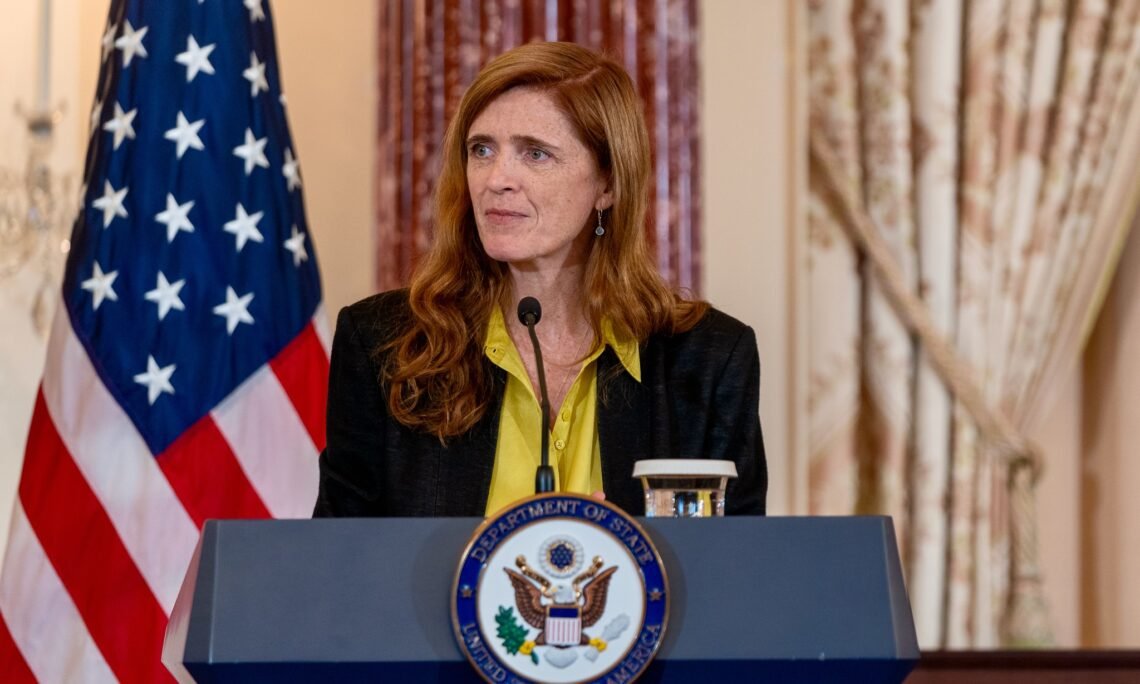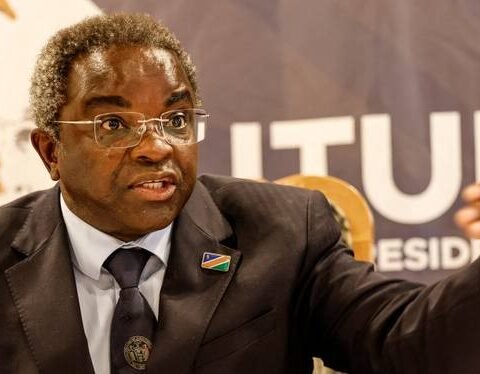In a move that has raised eyebrows internationally, the United States has voiced its deep concern over the treatment of its government officials and contractors by Zimbabwean authorities. The officials, who were in Zimbabwe to evaluate the developmental and governance landscape to guide USAID’s efforts in supporting civic engagement, democratic institutions, and human rights, faced verbal and physical intimidation. This included overnight detention, transportation under unsafe conditions, prolonged interrogation, and intrusive searches of personal electronic devices, culminating in their forced deportation.
This incident is not isolated but part of a worrying trend over the past two years, where U.S. government representatives and citizens have encountered harassment and improper treatment in Zimbabwe. Such actions starkly contrast with the Zimbabwean government’s publicized intentions of committing to democratic governance and reengagement with the international community. These recent developments cast a shadow over Zimbabwe’s claims of seeking democratic reforms and international reintegration, highlighting a dissonance between its declared ambitions and actions on the ground.
USAID, the United States Agency for International Development, plays a crucial role in supporting the aspirations of the Zimbabwean people towards creating a more resilient, inclusive, and democratic society. This includes backing for political accountability, active citizen participation, and adherence to the rule of law. Despite these challenges, the U.S. remains steadfast in its commitment to support civil society, human rights defenders, and independent media within Zimbabwe. It underscores this stance with recent targeted sanctions aimed at holding accountable those who undermine the fundamental freedoms and governance expected by the people of Zimbabwe.
The United States’ response to these incidents is a clear indication of its broader strategy of engagement in Zimbabwe and beyond. By advocating for the rights and freedoms of Zimbabweans, the U.S. is signaling its unwillingness to overlook actions that contradict the principles of democracy and human rights. This situation underscores the ongoing complexities in Zimbabwe’s political landscape and the international community’s scrutiny of its commitment to genuine reforms and global reengagement. The people of Zimbabwe, in their quest for a better future, find themselves at the heart of a geopolitical tug-of-war, deserving of governance that aligns with their aspirations for democracy and justice.








